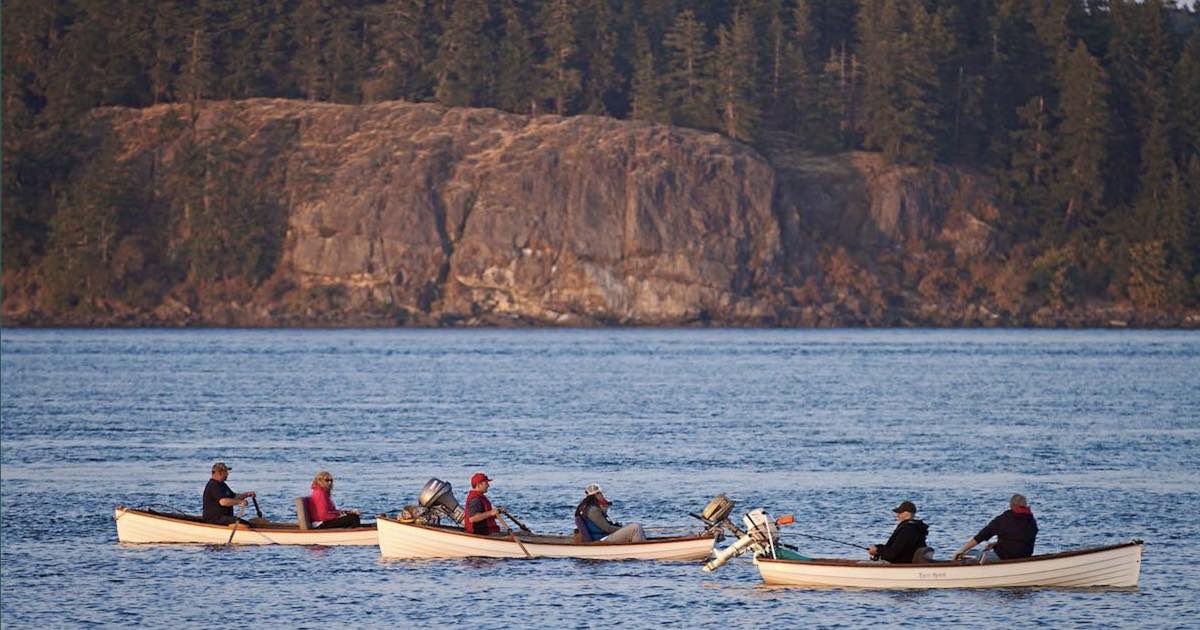
The Department of Fisheries and Oceans notification that local First Nations may be gillnet fishing for salmon in Campbell River’s world famous Tyee Pool, and that they will legally be fishing with power boats, sent shockwaves through the angling community. Anglers negative reactions are not only based on safety concerns when power and row boats are both operating in the pool, but even more so because of the consultative process, or lack of it, that led up to the announcement.
On August 12, Fisheries and Oceans released fisheries notice (FN) 0788-Recreational-Salmon-Chinook-Area 13-Tyee Pool and remaining portions of Subarea 13-5.
This notice was sent out as a reminder that First Nations Food, Societal, and Ceremonial (FSC) harvest of Chinook may occur in subarea 13-5, which includes the Tyee Pool effective until 11:59 p.m. September 30, 2021. The notice goes on to say that the fishery will utilize gillnets between the hours of 10 p.m. and 4 a.m., and that Transport Canada allows the use of power boats for FSC fisheries. However recreational anglers fishing in the pool are not permitted to use power boats under Transport Canada regulation for safety reasons. Finally, the notice warns that “any gear conflicts may result in restrictions to recreational fisheries while FSC harvest is occurring.” (Bold text inserted by the author.)
The Campbell River community considers the Tyee Pool to be hallowed angling water. Over the years, that same reverence has been held by tens of thousands of anglers from around the world. It was earned because of its unique fishing style, the size of the Chinook salmon, and the rules that govern how fishing the pool should be conducted. Its history goes back more than 100 years, and in many respects it is credited with putting BC on the map as a world-class angling destination. The Tyee Pool regularly hosted celebrity anglers including numerous Hollywood movie stars.
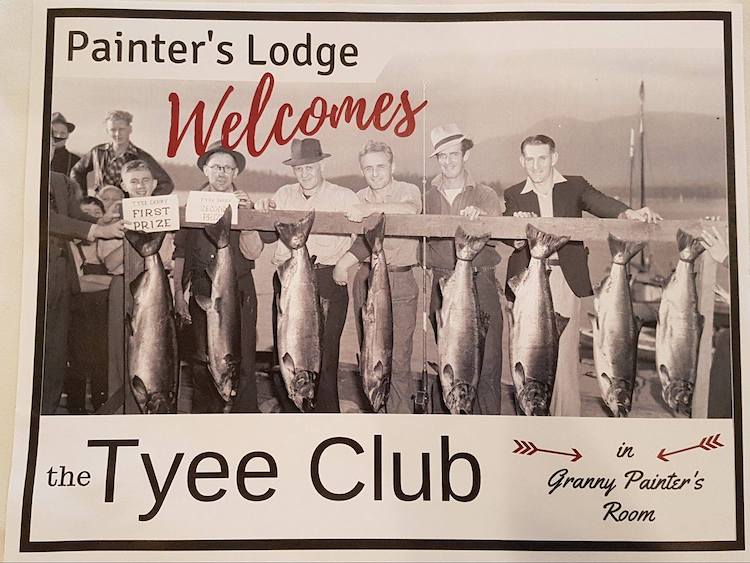
Photo courtesy of Tyee Club’s Facebook Page
The first account of fishing what is now called the Tyee Pool comes from Englishman Sir Richard Musgrave in an 1896 article which appeared in The Field. This London publication extolled the quality of the salmon angling, the size of the catch (noting one of Musgrave’s salmon tipped 70 pounds), and the skill of the native guide who accompanied Musgrave on this adventure. Subsequent trips by Musgrave and his associates produced additional articles in The Field, further enhancing Campbell River’s status. In 1924 a small group of international dignitaries formed the Tyee Club of British Columbia and laid out the rules for angling these special waters.
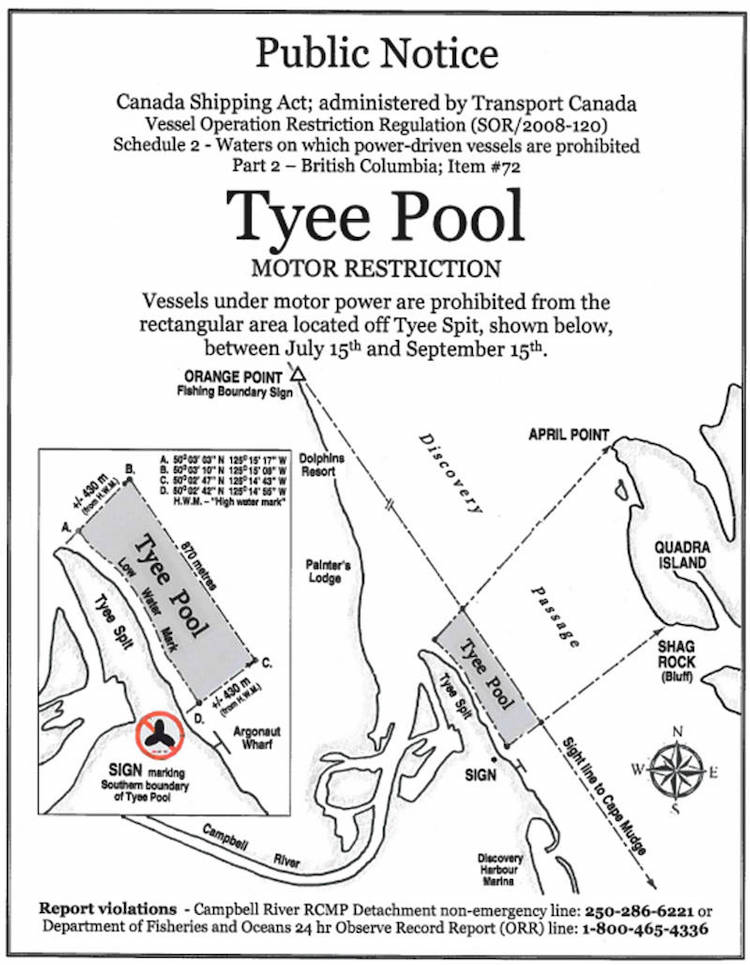
Image from The Tyee Club Brochure “Fishing the Tyee Pool”
As most anglers know the Campbell River and the adjacent waters provided inspiration for angling legend and author Roderick Haig Brown. But they may not know that he was an honorary member of the Club, and actually guided for them in the early 1930s.
Their purpose was not just catching fish. The Tyee Club fostered fishing ethics and encouraged young men to get into the guiding business. Here’s a sampling of the Club’s rules.
- The boat must be rowed by either the angler or a certified fishing guide.
- Any Chinook over 30 lbs is considered a Tyee.
- Gear is restricted to artificial lures tied on no more than 20-lb test.
- The angler must land the fish unaided by anyone else in the boat.
An incident in 1987, where a power boat collided with rowboat causing injury, led to the creation of the “no motor use” regulation in the Pool that Transport Canada has enforced ever since.
Unfortunately this most recent Fishery Notice has sparked considerable discussion and comment, as the news spread quickly through the wider angling community.

Rob Alcock, President SFI
Rob Alcock, president of the Sport Fishing Institute, commented that he was “critical” of the Fishery Notice, and that “hopefully in the spirit of cooperation and tradition the rowers and anglers, who have been in the Tyee Pool for 90 years, will be able to do so safely.” Bob Cole, who participates in an all-sector fishing roundtable in Port Alberni, provides this advice: “Cooperation, compromise, and understanding each others’ needs is what’s required.”
At the outset, it needs to be understood that First Nations have the right to harvest salmon in the Tyee Pool and adjacent waters as part of their FSC entitlement. That entitlement is only overruled by conservation concerns. Recreational and commercial fisheries follow conservation and FSC fisheries. That entitlement is not at issue.
It is also fact that this right has existed but has rarely been exercised, with the exception of individual First Nations members occasionally netting in the Pool.
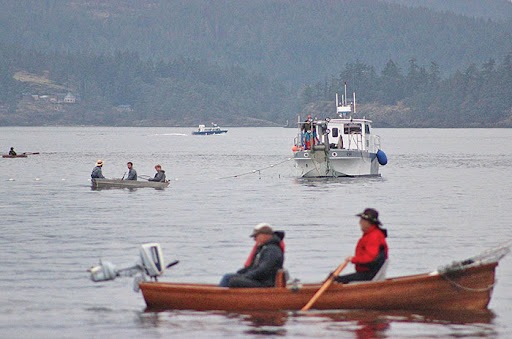
Photo by Jamie Karmazynski and first published by the Campbell River Mirror
So there has been a lengthy period of stability where First Nations have been able to meet their FSC requirements from fishing outside the Tyee Pool.
Reaction to the Fishery Notice has been swift and with a common theme. Aside from surprise, the emerging concern identifies a lack of meaningful consultation between DFO and the community prior to the release of the Fisheries Notice. This has raised questions about how the Department Fisheries and Oceans is going to proceed regarding the changing face of existing and evolving First Nations fisheries; specifically how the concerns of other interests, in this case the public fishery, are going to be considered and handled before decisions are made in what are essentially Nation-to-Nation negotiations.
Island Fisherman has developed a list of questions that are related to the Tyee Pool announcement. These questions went out to Campbell River anglers and businesses, guides, DFO, a Campbell River First Nation, and recreational fishing organizations. Here are those questions and a representative sampling of the responses.
Question 1: Have First Nations netted in the Tyee Pool Before?
Responses: The consensus is yes, but to a very limited degree—just the odd individual exercising FSC rights.
Question 2: Has there been any discussion between First Nations and recreational representatives?
Response: No.
Question 3: Is there a need for them to gillnet the Pool in order to obtain their FSC requirements?
Responses: No … They have fished the Maple Pool with spinning and snag gear, or by trolling off the south end of Quadra Island … No obvious need for them to fish in the Tyee pool has occurred in the past.
Question 4: What is your opinion of how DFO handled this, and was their prior consultation with DFO?
Responses: I am unclear why a fishery notice was required … A notice to the Tyee Club would have sufficed … There was no prior discussion … The powerboat ban in the Tyee Pool is there for good reason, to prevent tragedy, and the fact that neither DFO or Transport Canada saw fit to discuss this with the non-native community is a complete abrogation of their duty … Safety should be a common denominator for all Canadians regardless of their origin.
On this last point, Island Fisherman has learned that an email from DFO confirms that the use of power boats is legal in FSC fisheries; and if there are issues “the only solution is that recreational activity would need to be restricted in the area while FSC harvest proceeds.”
There is more information from DFO’s Lara Stone that says “the notice was released to advise recreational fisheries that other activity may occur, that it was lawful and to ensure a safe orderly fishery in the Tyee Pool.” She goes on to say that “DFO and First Nations collaborated on a fishing plan for the area.”
Stone’s email also tends to contradict the position that there was no consultation. “The local Area 13 SFAC Chair was advised of tentative plans and subsequently final fishing plans.” This is does not square with the comment that “there was no prior discussion with the Tyee Club or the Campbell River Sport Fishing Advisory Committee.”
Question 5: What damage will this do to Campbell River’s reputation as an iconic symbol of BC’s recreational fishery?
Responses: It will be very hard to imagine any kind of positive impact … There is no question that gillnetting or daytime power boat trolling will depress effort and recreational expectation … Terrible for the image, history and tradition of the Tyee Club.
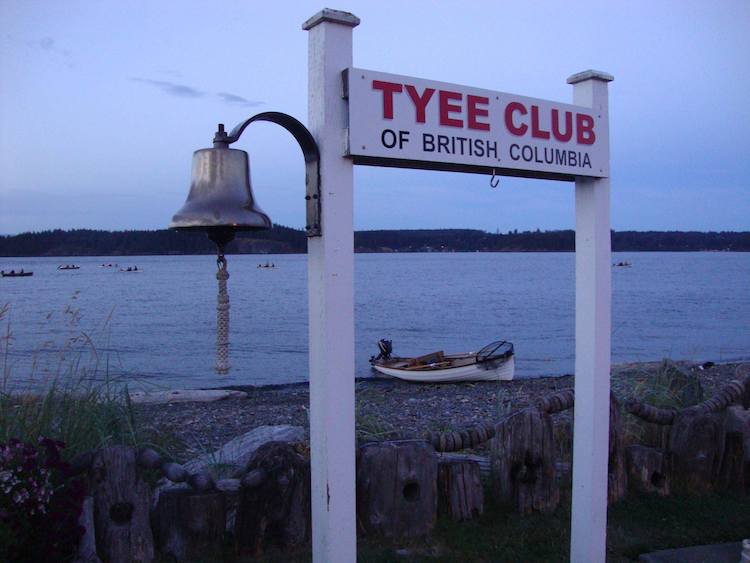
Photo courtesy of Tyee Club’s Facebook Page
Question 6: What next steps need to be taken?
Responses: Figure out a way to talk to each other, not about each other, or we will end up with conflict not reconciliation … The Minister should physically meet with all groups and be part of a meaningful dialogue … Have an open discussion on what next steps should be.
Question 7 & 8: Would a Campbell River roundtable (like Port Alberni) have prevented this from happening, and does it make sense to form a roundtable in Campbell River?
Maybe … There’s no guarantees, but at least everyone’s views would have been heard … Possibly, it would have been a place to start from … It makes no sense to form a roundtable without all stakeholders … Parties must participate willfully … Yes, it does make sense.
Bob Cole, long time recreational fishery advocate and retired local businessman from Port Alberni, passed on these comments: “The Port Alberni roundtable started when a bunch of us, from each sector, showed up at the local fisheries office and informed DFO we can all be involved in fishing planning that suits us all.”
Question 9: What solutions would protect the interests of First Nations, recreational anglers, and the reputation of the Tyee Pool?
Responses: Create a round table … Avoid on-water conflict … Document attempts to disrupt either fishery … Ensure factual media reporting … In the spirit of cooperation ensure the Tyee Pool rowers will be able to continue safely … All user groups need to be part of the consultation process.
The last response to Question 9 sums up the general feeling. In the changing consultation world, the sentiment from this experience suggests this. It would be in everyone’s best interest not to follow the example just set by simply releasing a fisheries notice on a potentially volatile topic; and that it might be wise for Fisheries and Oceans to back up and find a way to ensure that other legitimate interests are brought to the table before decisions are finalized.
One Comment
Leave A Comment
Visit the Store
$34.99
$34.99
Featured Catch
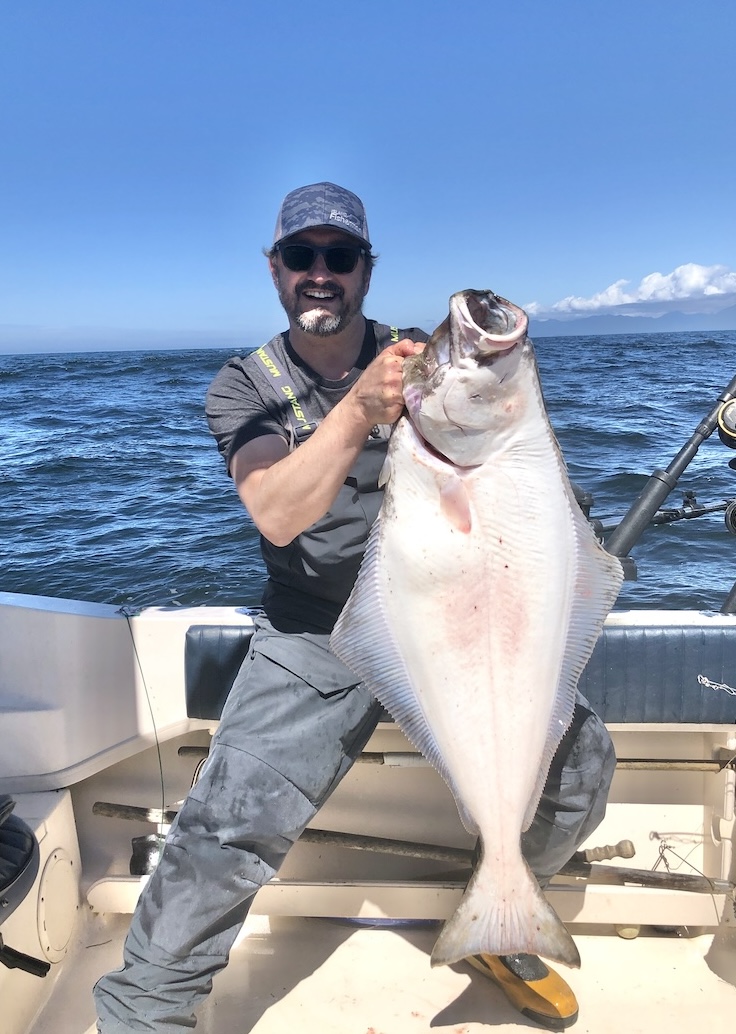
Joel Unickow halibut (Photo: Rob Frawley Lucky Strike Sportfishing Tofino)
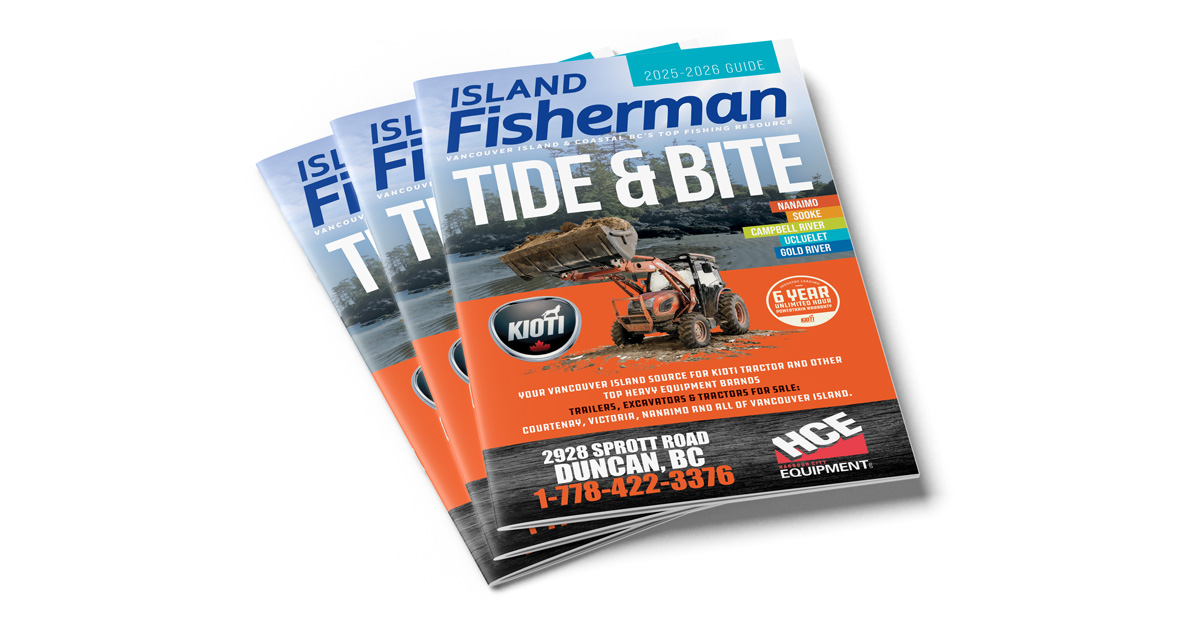
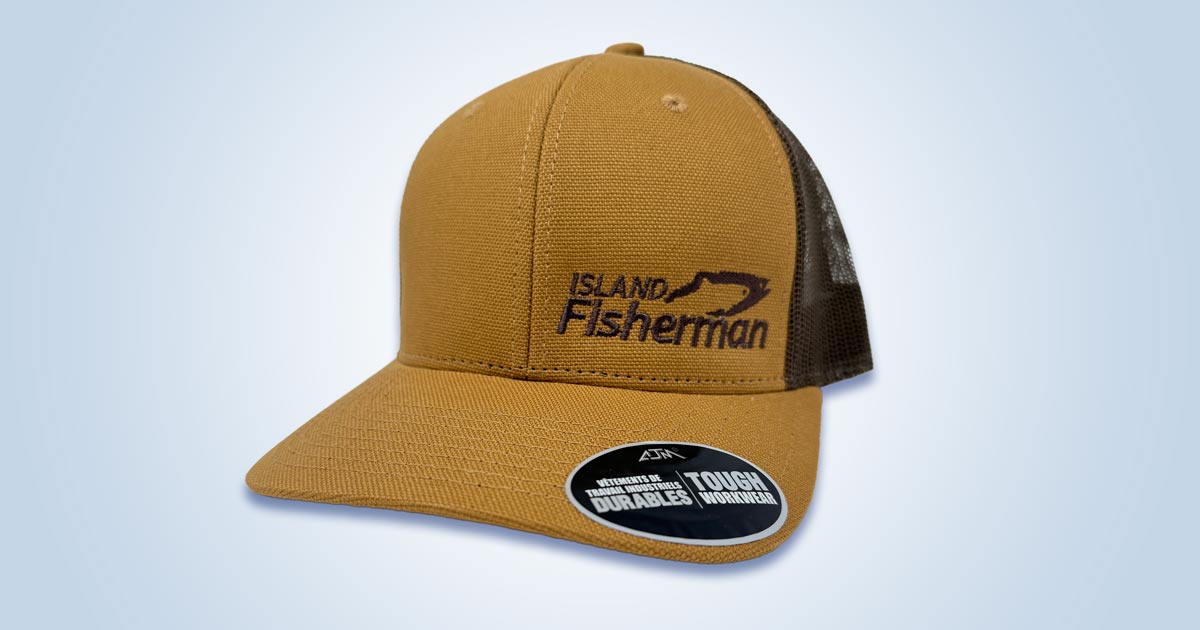
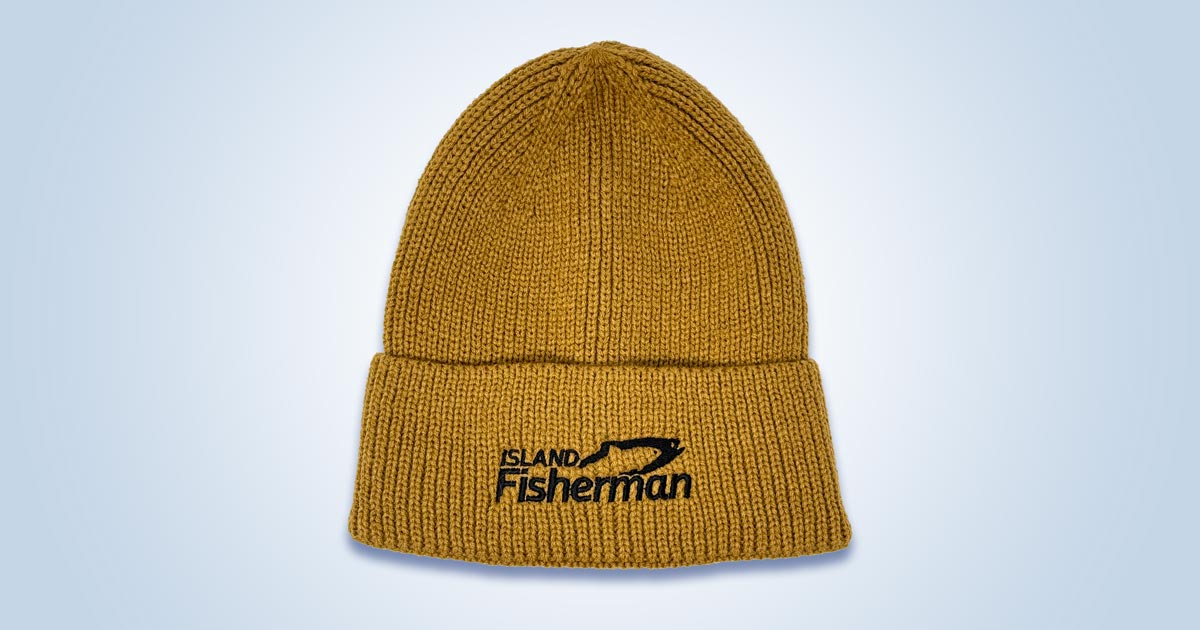
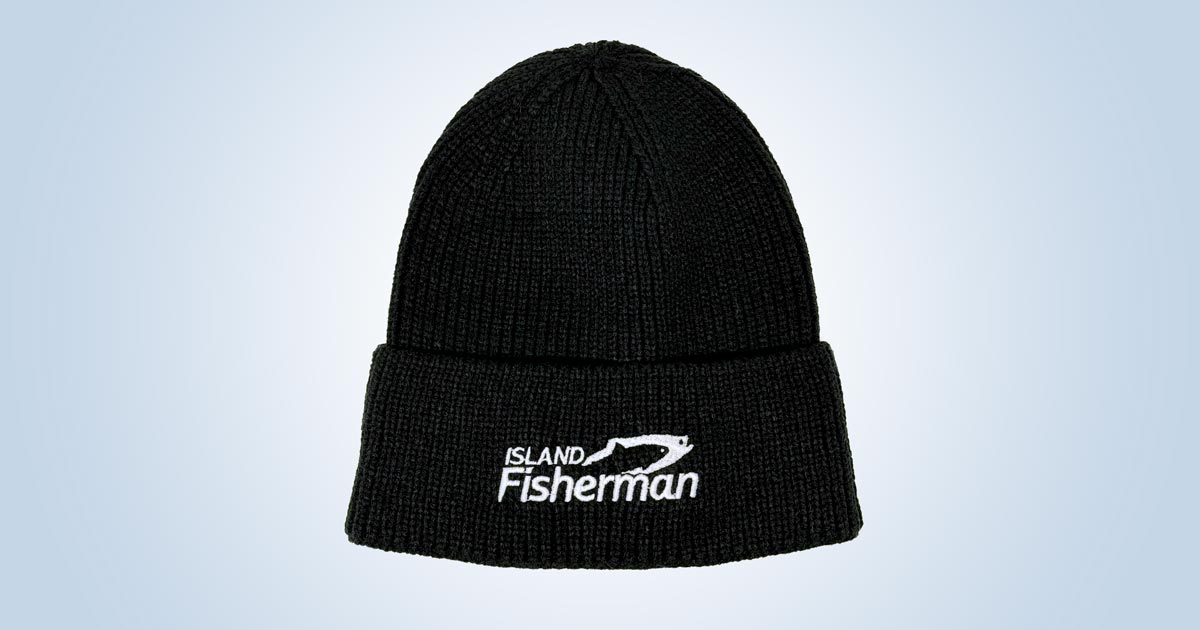
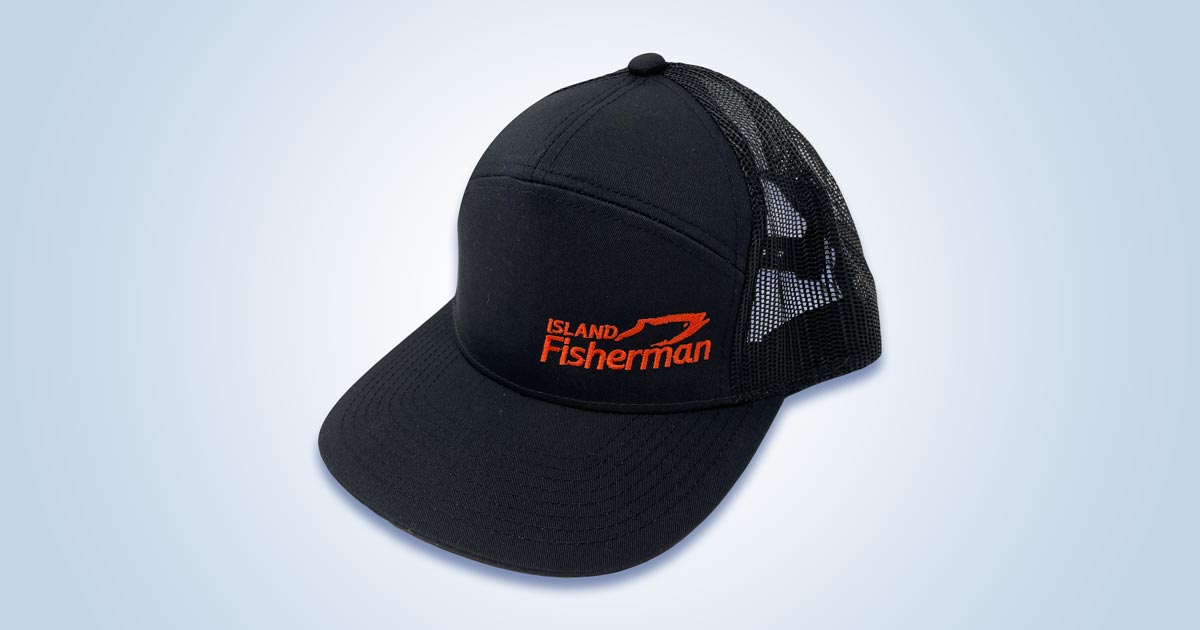
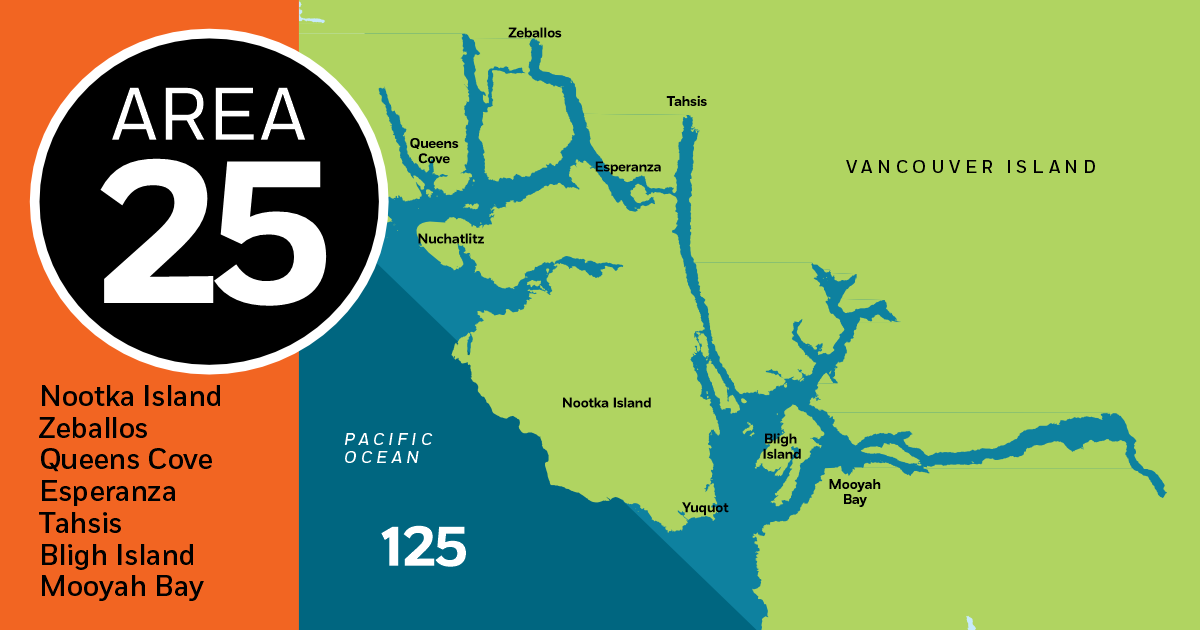
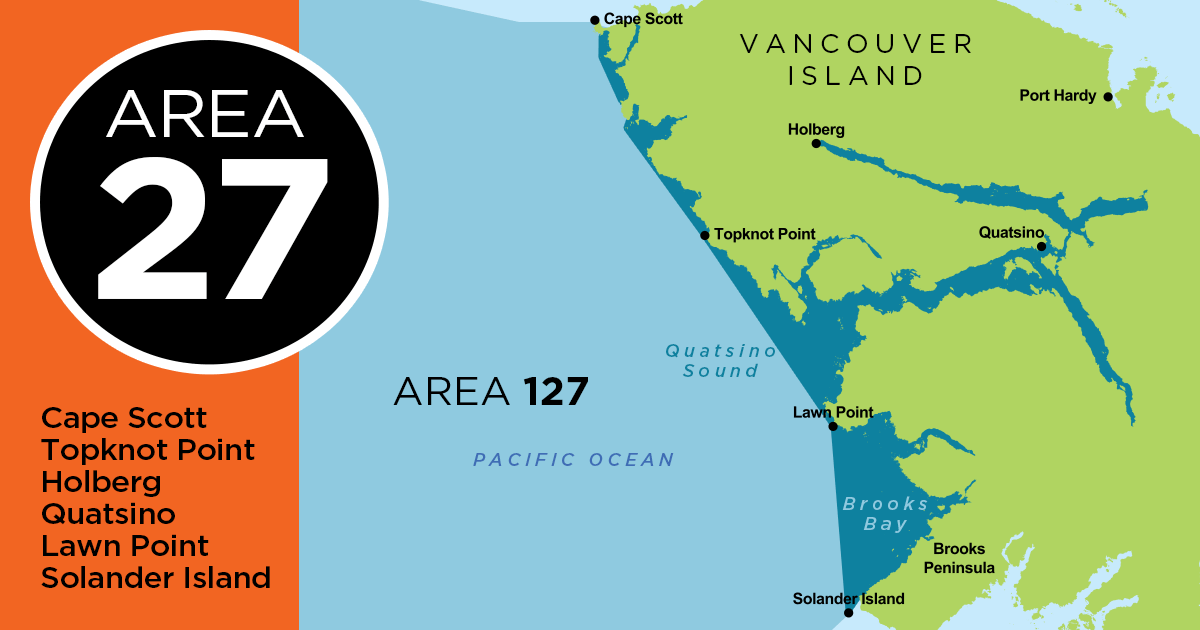
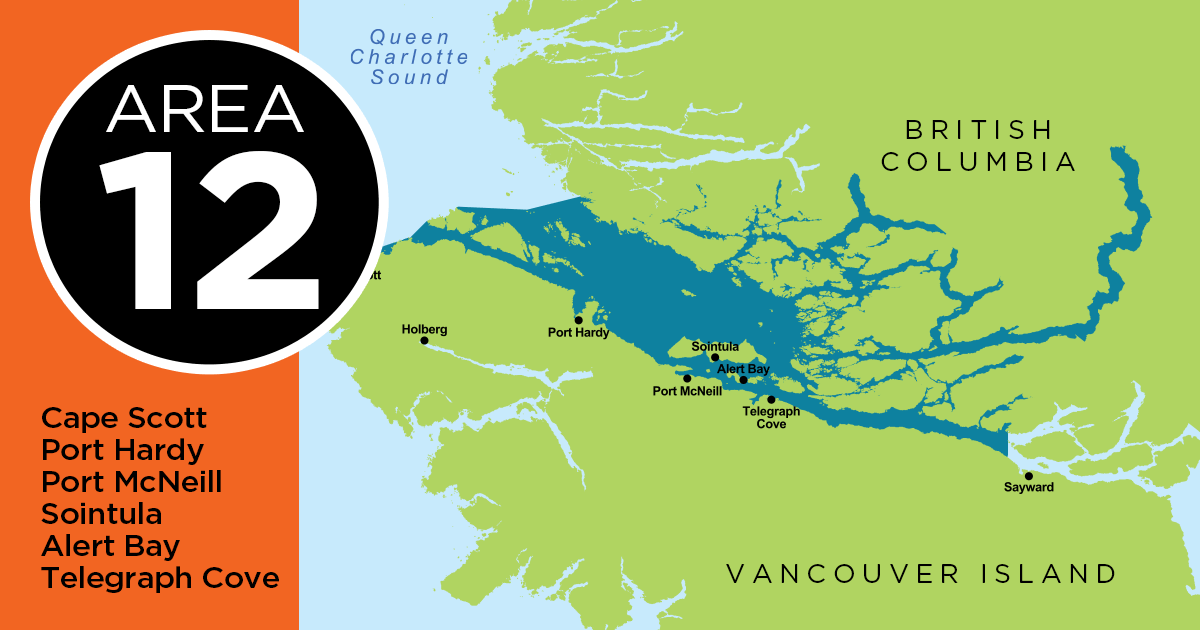
This was a textbook example of how not to win friends and influence people.
Chief Chris Roberts had to issue a press release saying the Wei Wai Kai Nation have had the right to fish in the area since the ’90’s but DFO had jumped the gun, as the Nation had no intention of fishing in the Pool.
https://www.campbellrivermirror.com/local-news/local-first-nation-leaders-affirm-right-to-food-social-and-ceremonial-fsc-harvest-in-tyee-pool/